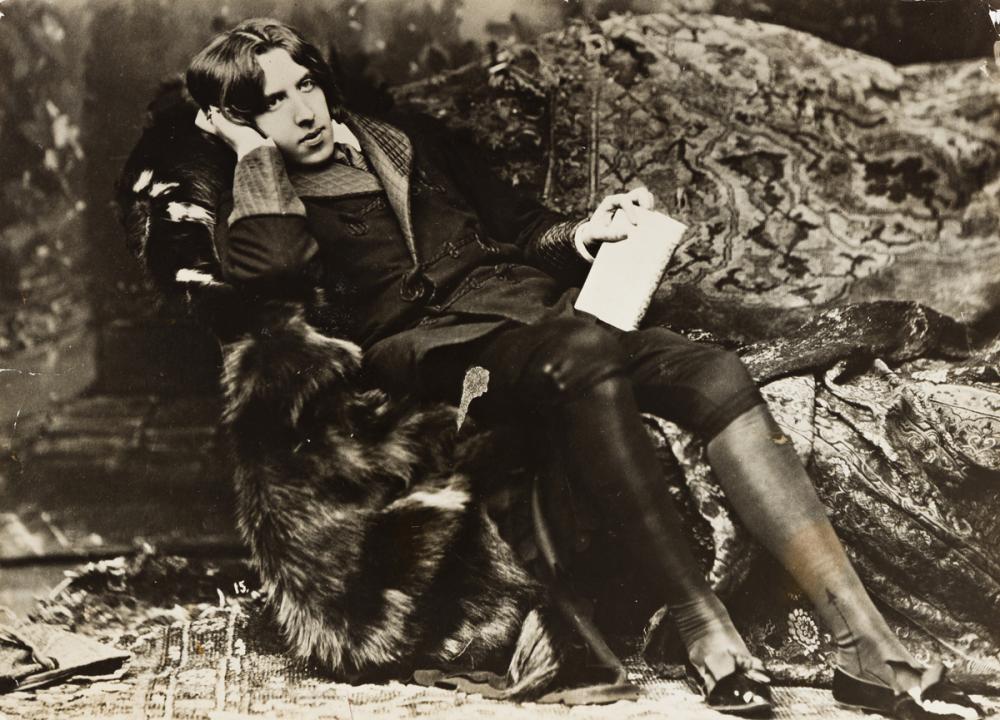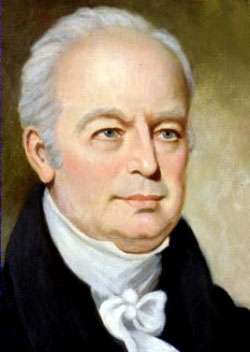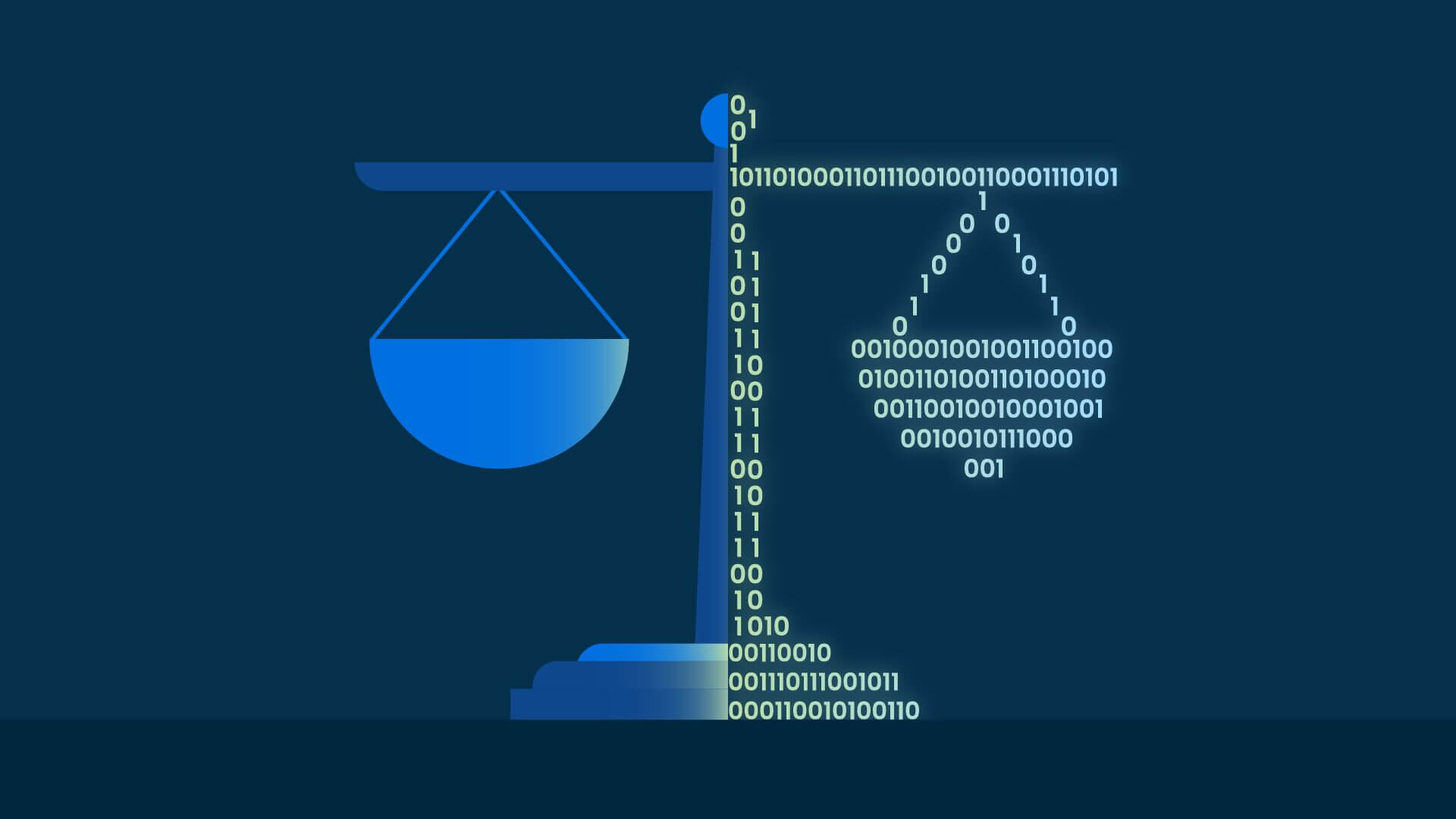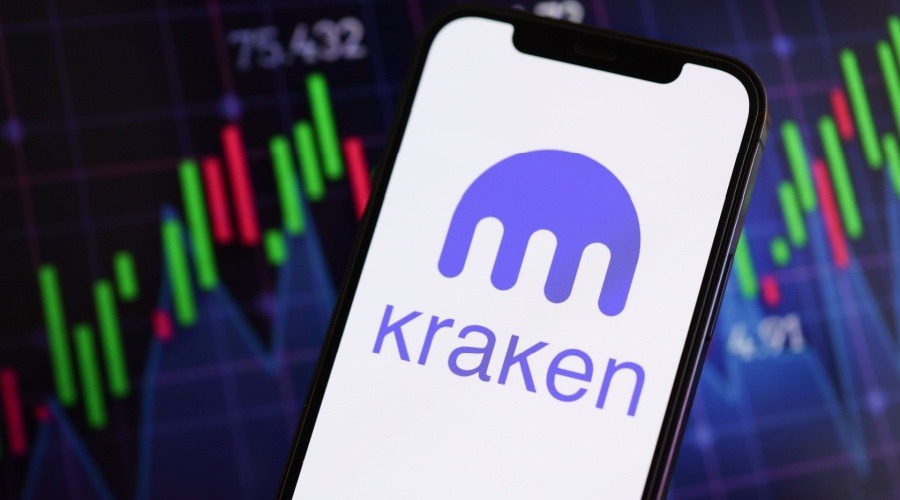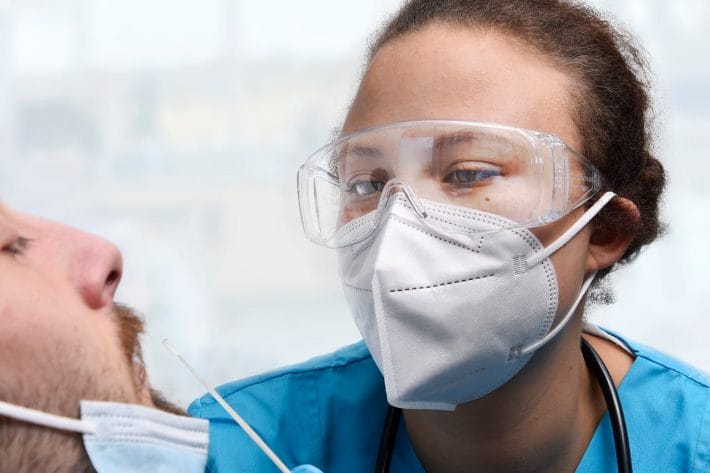On Wednesday, Human Rights Watch (HRW) urged comedians who performed at Saudi Arabia’s Riyadh Comedy Festival to address the nation’s dire human rights situation, and raise awareness of unjustly detained Saudi dissidents, journalists, and rights activists.
HRW pressed comedians to “express their support for free speech by urging the release of Saudi activists unjustly imprisoned,” including Waleed Abu al-Khair, a human rights defender, and Manahel al-Otaibi, a fitness instructor and woman’s rights activist. The rights group also asked participants to refuse contractual terms that restrict their ability to publicly speak about human rights abuses and asked to meet with representatives of a group of comedians participating in the festival on September 19.
The comments followed the conclusion of the high-profile festival, held from September 26 to October 6, which was advertised as featuring “over 50 global stand-up legends.” To date, no comedians have directly addressed issues raised by the group and none have responded to the meeting request.
The group asserted that the festival is part of a Saudi strategy to whitewash the country’s human rights record. Saudi Arabia’s General Entertainment Authority states that the festival was intended to “amplify Riyadh’s status as a leading destination for major cultural and artistic events.”
High profile-comedians who participated in the festival included Dave Chappelle, Louis C. K., Pete Davidson, Kevin Hart and Russell Peters, while comedians who declined offers include Shane Gillis, Mike Birbiglia and Stavros Halkias. While performing in Riyadh, Chappelle said that it was “easier to talk here than it is in America.”
Since his ascension in 2017, Crown Prince Mohammed bin Salman has spearheaded “Vision 2030,” an economic plan designed to reduce Saudi Arabia’s reliance on oil exports. However, Joey Shea, Saudi Arabia researcher at HRW, argued that the festival has less to do with economic diversification and more to do with distracting the international community from Saudi Arabia’s human rights record.
HRW and the Middle East Democracy Center have raised concern over Saudi Arabia’s accelerating use of the death penalty without due process to crush peaceful dissent. Festival dates overlapped with the seventh anniversary of the state-sponsored murder of journalist Jamal Khashoggi and came months after Saudi authorities executed Turki al-Jasser, a prominent writer and journalist, for “terrorist crimes.” According to US intelligence agencies, Khashoggi’s death had been personally approved by the crown prince.
On September 27, comedian Atsuko Okatsua posted screenshots of what she said were provisions of a proposed festival contract that prohibited comedians from performing “any material considered to degrade, defame, or bring into public disrepute, contempt, scandal, embarrassment, or ridicule” Saudi Arabia.
“Do I have issues with some of the policies towards women, towards the gays…towards freedom of speech? Well of course I do,” commented comedian Tim Dillon, discussing his planned participation in the festival. “But I believe in my own financial well-being,” he said, adding that “they’re paying me enough to look the other way.” Dillon was offered $375,000 for one show, while others were offered up to $1,600,000. Ironically, Dillon would be dropped from the bill by Saudi authorities over these very comments.



